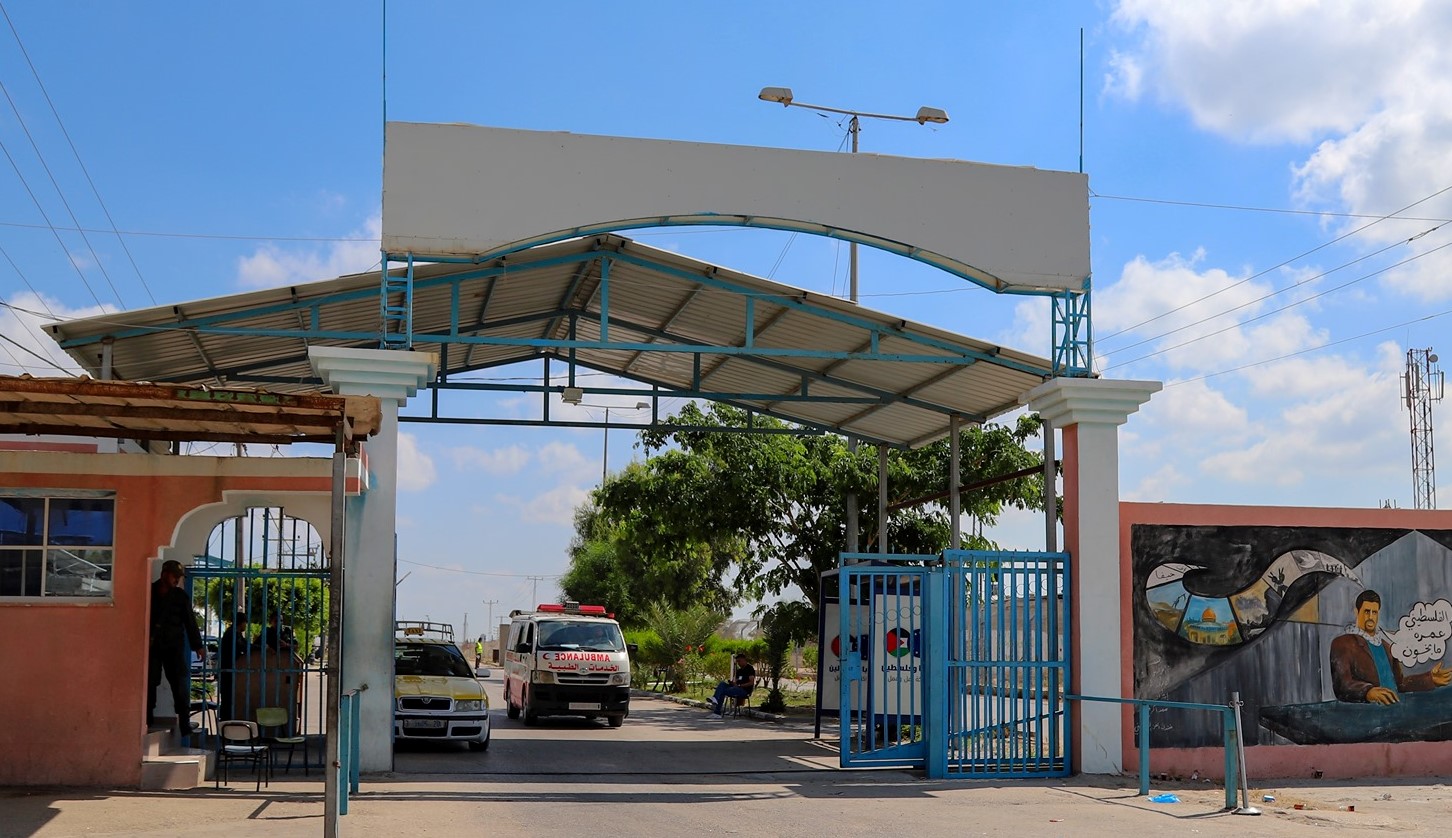According to the World Health Organization (WHO), in December 2019, 242 Palestinians were denied an Israeli permit to leave the Gaza Strip for medical treatment. Of the refuses, 132 were male and were 110 female. This represents 11% of the total number of applications (2,198) submitted in December by residents of the Gaza Strip for an Israeli army permit to pass through the Erez Crossing for treatment outside the besieged Gaza Strip, mainly in the occupied West Bank or East Jerusalem hospitals. Of the 242 permits denied, 55 were for children under 18 years of age, 18 were for patients aged 60 years or higher, and a quarter of them were for cancer patients.
Alongside the 25% denial rate for cancer patients wanting to attend appointments outside Gaza, 10% of the rejections were for orthopedics, 9% for cardiology, and 7% each for internal medicine, ophthalmology, urology, pediatrics, and hematology. 88% of denied permit applications were for appointments at hospitals in the West Bank, including East Jerusalem, and 12% were for Israeli hospitals.
Of the total of 2,198 medical patient applications submitted in December to Israeli authorities to exit the Gaza Strip via the Erez Crossing, 34% were for children under 18 and 16% were for patients aged 60 years or older. 1,408 or 64% of the 2,198 applications (777 male; 631 female) to cross Erez in December were approved, close to the average monthly approval rate for 2019. Over a third (36%) of permits approved were for children under 18 and a fifth (20%) were for patients aged 60 years or older.
However, 548 patients applying for exit permits (322 male; 226 female), or 25% of the total, were delayed access to care and received no definitive response to their application by the date of their hospital appointment. Of these, 180 applications were for children under the age of 18 and 50 applications were for patients aged 60 years or older.
Almost a third (31%) of those delayed had appointments for oncology, 10% for hematology, 9% for pediatrics, 8% for cardiology, 7% for ophthalmology, and 7% for internal medicine. The remaining 28% were for 18 other specialties. The majority of delayed applications (499 or 91%) were “under study” at the time of appointment.
WHO reported that the approval rate for those wounded during the Great March of Return demonstrations (since March 30, 2018) remained significantly lower than the overall approval rate for patients applying for permits to exit Gaza, with only 17% (105) approved out of 604 applications. Of this category, more than half (55%, or 332) were delayed and 28% (167) received outright rejections.
Out of 28 (19 male; 9 female) patients, aged 20 to 68 years of age, who were summoned by Israeli authorities in December for a security interrogation at Erez as a prerequisite to processing of their applications, two of them were approved, nine were denied and 17 were delayed. Thirteen patients had appointments for oncology, four for nuclear medicine, three for urology, two for vascular surgery, two for orthopedics, and one each for cardiology, hematology, neurosurgery, and general surgery.
According to Gisha – The Legal Center for the Freedom of Movement, Israel “continues to use its control over movement and over the Palestinian population registry to deepen the separation between Gaza and the West Bank as part of a conscious policy. This policy, referred to openly by Israel as the ‘separation policy,’ serves broader political goals, including Israel’s desire to maintain control and even annex the West Bank while maintaining Gaza’s isolation.”



